I have a C# script which takes in two CSV files as input, combines the two files, performs numerous calculations on them, and writes the result in a new CSV file. These two input CSV file names are declared as variables and are used in the C# script by accessing those variable names.
The data in the input CSV files looks like this:

Since the data has values in thousands and millions, line splits in the C# code are truncating the data incorrectly. For instance a value of 11,861 appears only as 11 and 681 goes in the next columns.
Is there any way in C#, by which I can specify a text qualifier (" in this case) for the two files ?
Here is the C# code snippet:
string[,] filesToProcess = new string[2, 2] { {(String)Dts.Variables["csvFileNameUSD"].Value,"USD" }, {(String)Dts.Variables["csvFileNameCAD"].Value,"CAD" } };
string headline = "CustType,CategoryType,CategoryValue,DataType,Stock QTY,Stock Value,Floor QTY,Floor Value,Order Count,Currency";
string outPutFile = Dts.Variables["outputFile"].Value.ToString();
//Declare Output files to write to
FileStream sw = new System.IO.FileStream(outPutFile, System.IO.FileMode.Create);
StreamWriter w = new StreamWriter(sw);
w.WriteLine(headline);
//Loop Through the files one by one and write to output Files
for (int x = 0; x < filesToProcess.GetLength(1); x++)
{
if (System.IO.File.Exists(filesToProcess[x, 0]))
{
string categoryType = "";
string custType = "";
string dataType = "";
string categoryValue = "";
//Read the input file in memory and close after done
StreamReader sr = new StreamReader(filesToProcess[x, 0]);
string fileText = sr.ReadToEnd();
string[] lines = fileText.Split(Convert.ToString(System.Environment.NewLine).ToCharArray());
sr.Close();
where csvFileNameUSD and csvFileNameCAD are variables with values pointing to their locations.